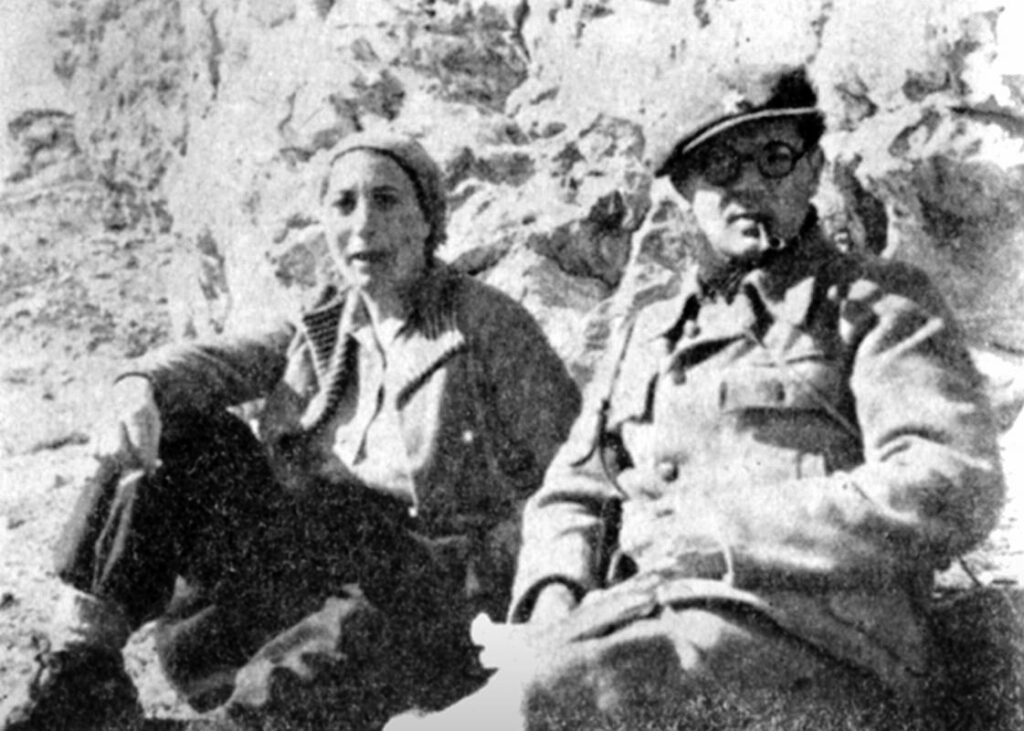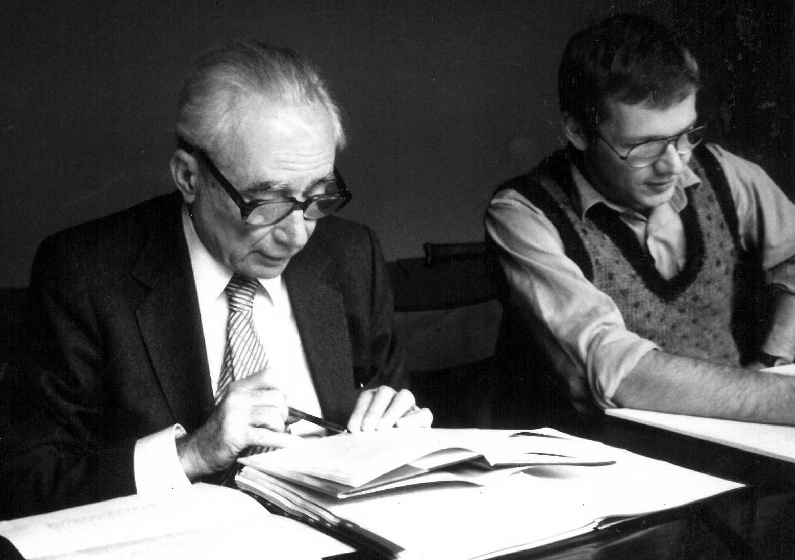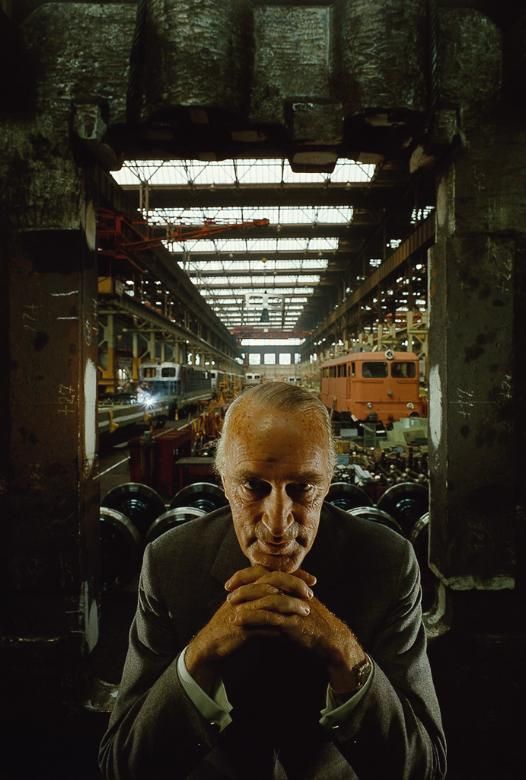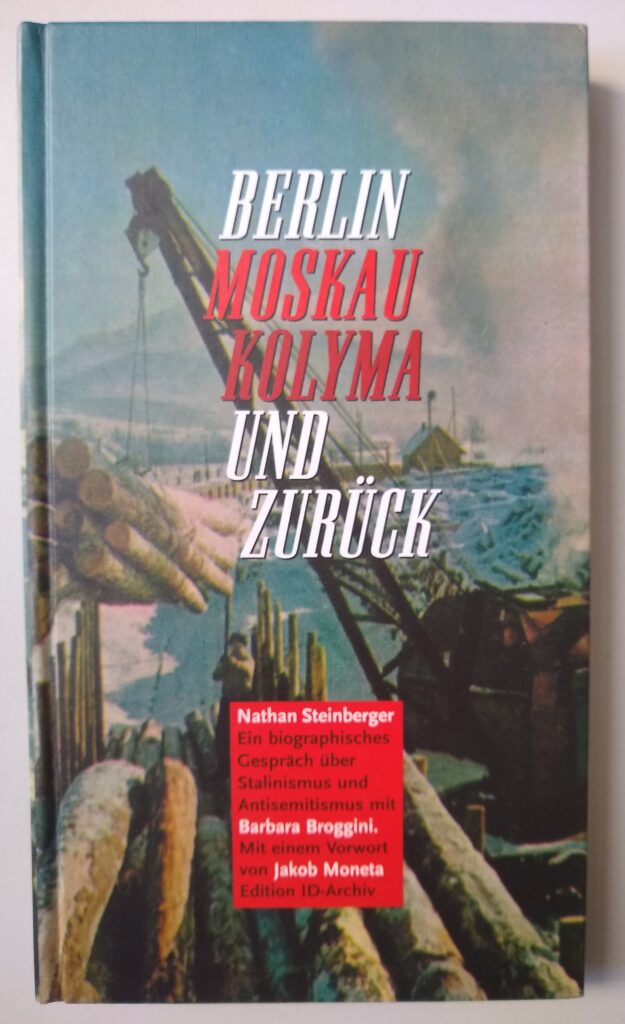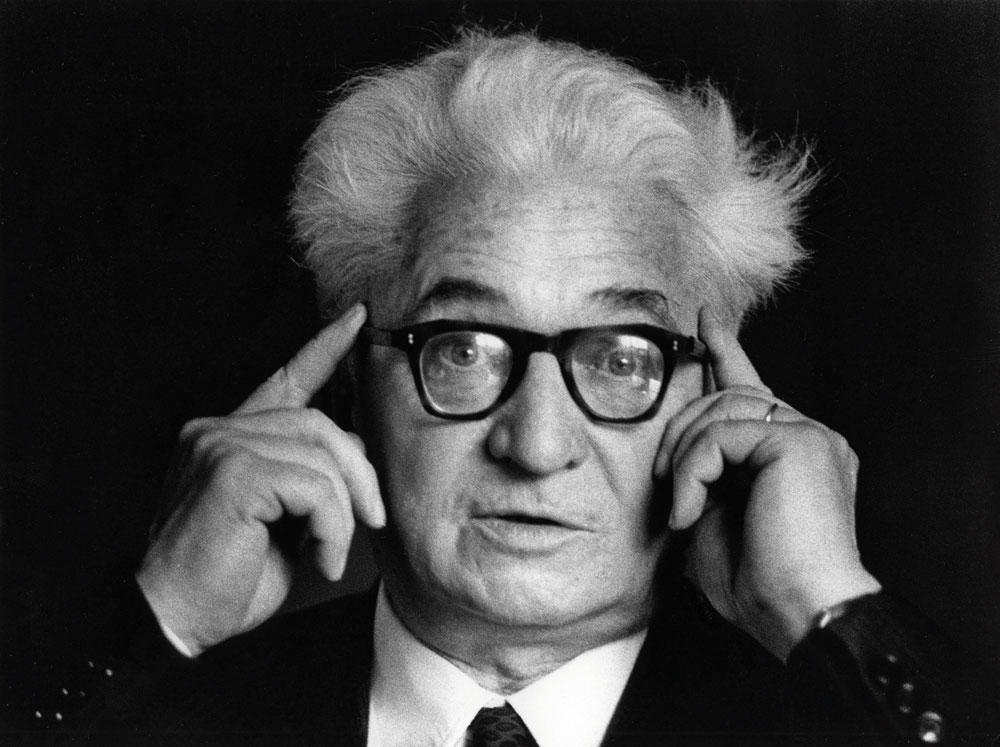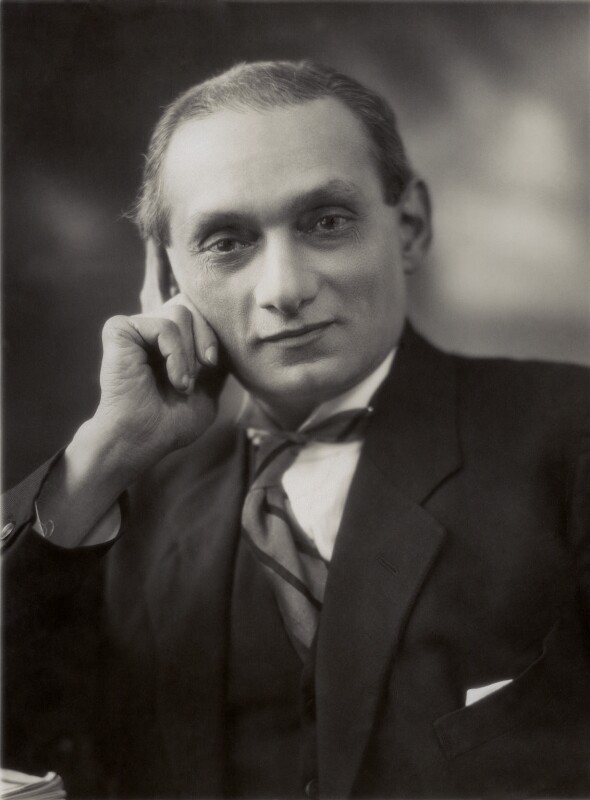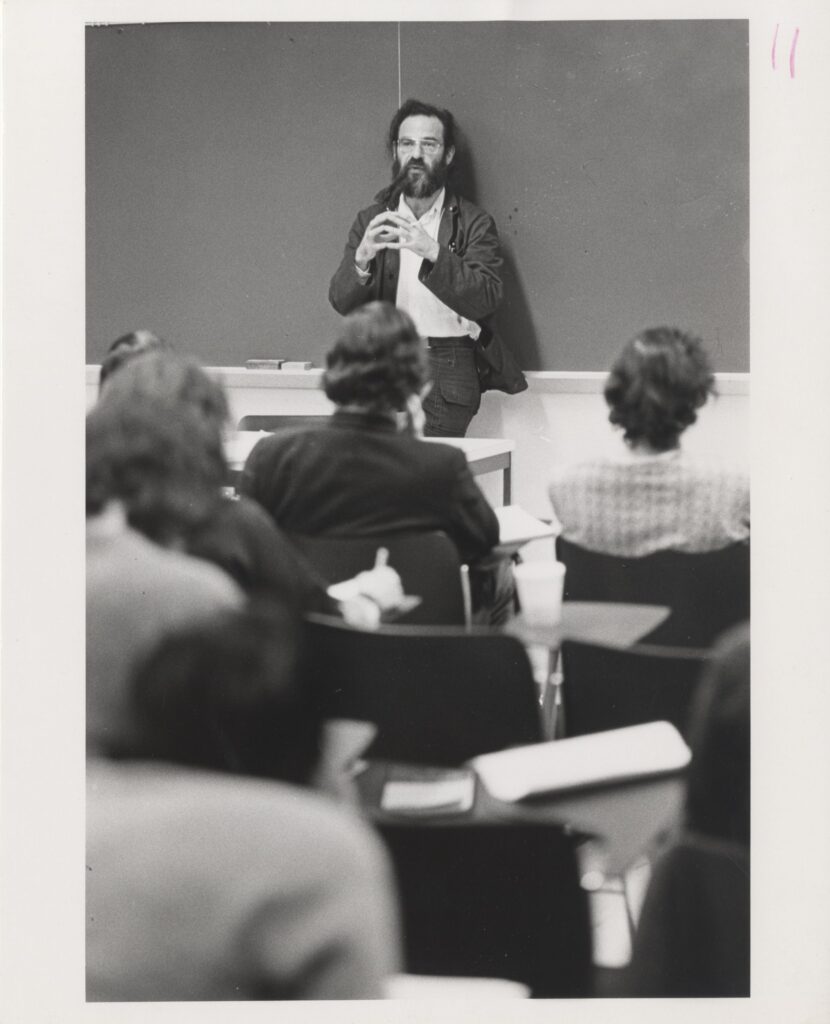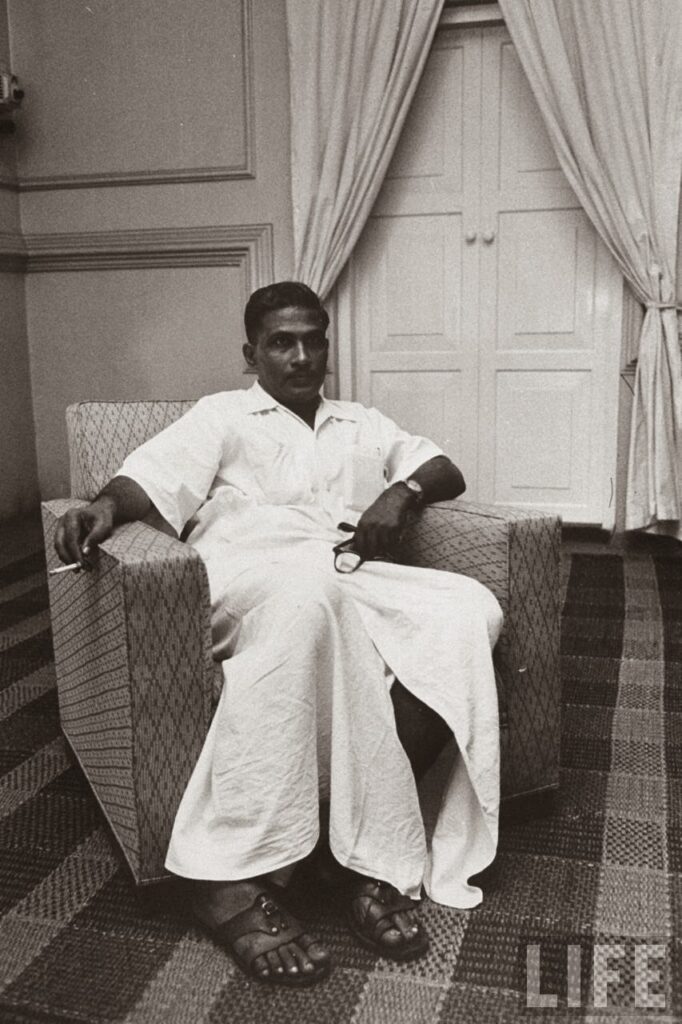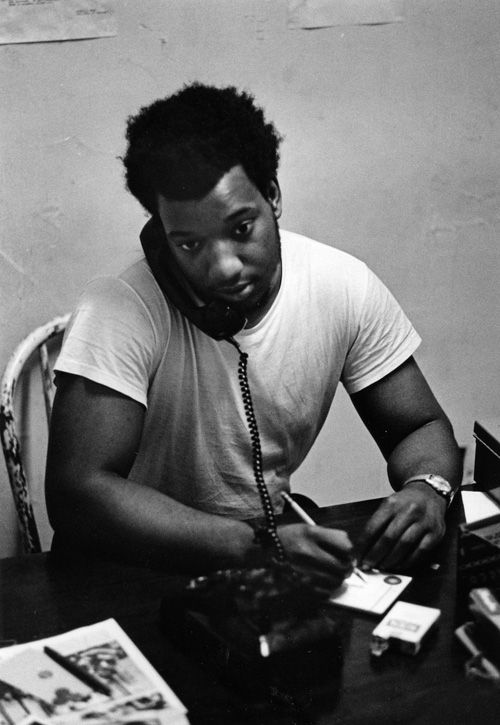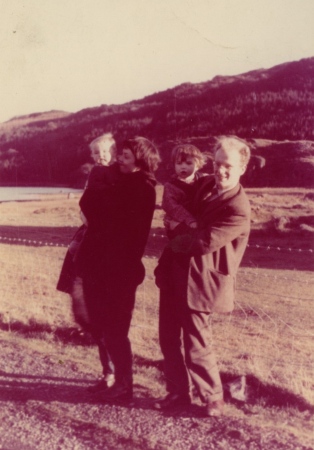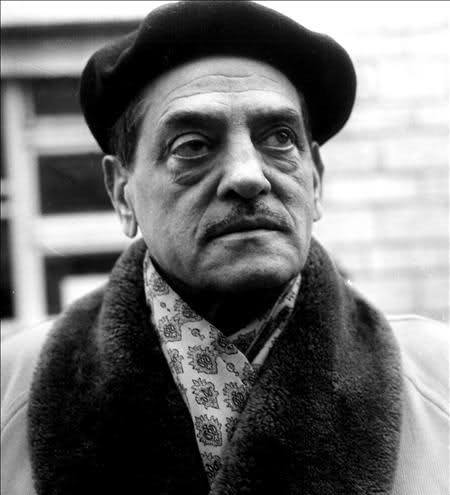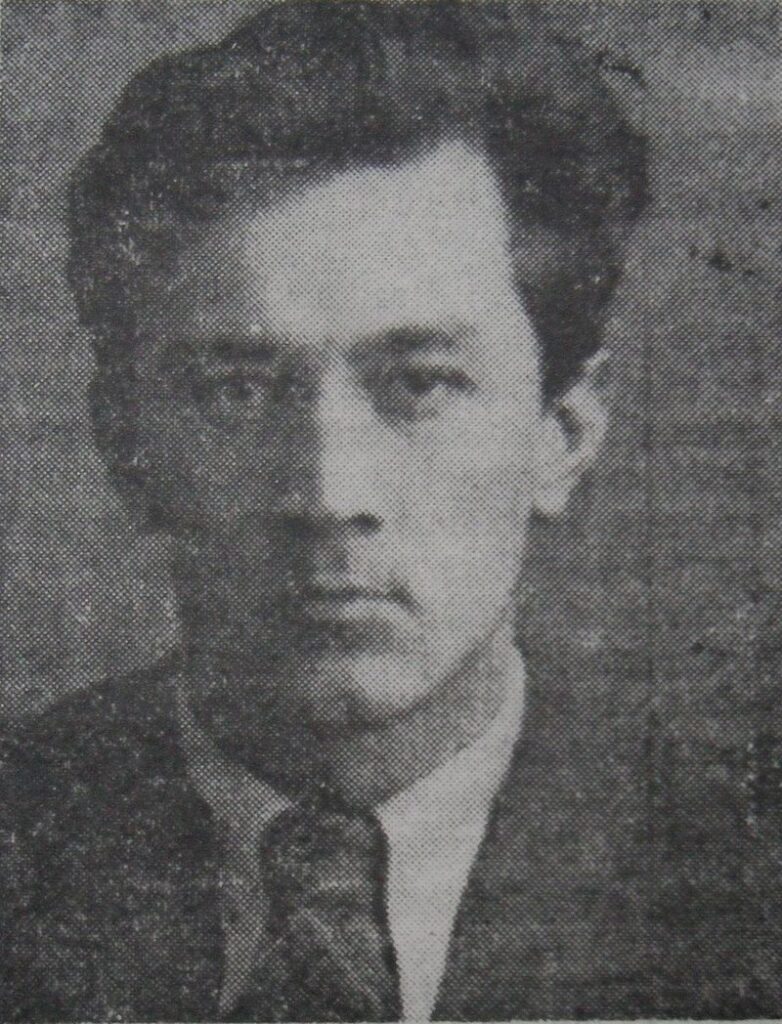Figures
Arghiri Emmanuel (1911–2001)
Among the greatest works of Marxist theory in the 20th century we should count Hilferding’s Finance Capital (1910), Rubin’sEssays on Marx’s Theory of Value (1928), Grossman’sThe Law of Accumulation and Breakdown of the Capitalist System (1929), Emmanuel’sUnequal Exchange (1969) and Sartre’sCritique of Dialectical Reason (1960). The common property these works share is the creative element within them—their drive either to develop theory (Hilferding, Sartre), or to elucidate it in some profound way (Rubin, Grossman), or finally to apply it in a novel way to problems that had not been foregrounded or discussed sufficiently (Emmanuel). Sartre died in 1980, Emmanuel in 2001. Emmanuel was, in fact, the last great left-wing theoretician of the 20th century, even if this is a judgement few Marxists would agree with. Apart from the lively, perfectly lucid, almost seductive nature of his prose and the rigour with which he always insisted on arguing, Emmanuel’s most appealing characteristic (to me anyway) is the sheer iconoclasm with which he approached various left-wing orthodoxies. A good example of this is the way he treated Lenin’sImperialism; about this hallowed text he wrote, ‘Unfortunately a certain piety towards Lenin’s writings still prevents Marxists from disengaging themselves intellectually from the influence of a marginal work which never had any scientific pretensions, and which was written rapidly, in the difficult conditions of exile, with no other documentation to hand but the Bern library’. Emmanuel went on to characterise this kind of intellectually lazy reverence for certain texts as ‘a quasi-religious attitude’. ‘Words are refuted by other words; and no current doctrine of imperialism is accepted by more than a small group’ (New Left Review I/73, May-June 1972, p.36).
Luchino Visconti’s The Damned (1969)
It now struck him that nowhere in the modern world had so much crime gone unpunished as in Nazi Germany, with its extraordinary mixture of banality and bloodshed. Asked later why he chose Nazism rather than Fascism, Visconti said: “Because of the difference between tragedy and comedy. Fascism was a tragedy in many many cases…but as the perfect archetype of a given historical situation that leads to a certain type of criminality, Nazism seemed to me more exemplary… Nazism seems to me to reveal more about a historic reversal of values.”
Nathan Steinberger
The Jewish German communist Nathan Steinberger (1910–2005) survived betrayal, imprisonment, and exile, but never gave up the hope for a socialist future. Steinberger was born in a deeply religious Jewish family as the youngest of five siblings. The family spoke Yiddish at home and Steinberger attended a Jewish middle school. On Saturdays he studied the Torah. Turning 13 years old, coming of age religiously, came as a liberation for Steinberger. After his Bar Mitzvah, he joined the secular German youth movement, broke with his religious upbringing and began his political activity. He sympathised with the ideas of the Poale Zion; a current that attempted to combine Marxism with Zionism. Only when the Jewish people would have their own state, could a Jewish proletariat successfully fight for socialism, the theory went. Steinberger became a leading activist in the movement of socialist high school students and, in 1928, he joined the KPD.
Essad Bey
Here is a passage, drastically abridged, from Braudel’s Mediterranean that illustrates the sense in which history occasionally bursts into poetry: For ‘Islam is the desert’, declares the essayist Essad Bey, it is the emptiness, the ascetic rigour, the inherent mysticism, the devotion to the implacable sun, unifying principle on which myths are founded, and the thousand consequences of this human vacuum… Islam, like the sea and like the desert implies movement. Bazaars and caravanserais, as Vidal de la Blache said, are as characteristic of its civilization as mosques and minarets… Islam is the sum of human realities implied by the desert… the great caravan trails; the coastal zones, for Islam lived off these Sahels, fringes of settled civilization along the shores of the Mediterranean, the Persian Gulf, the Indian Ocean, or the Red Sea, and also bordering the countries of the Sudan; the oases and their accumulated power… Islam is all that, a long road cutting through the strong and rigid mass of the Ancient World. Rome, when she achieved the unity of the Mediterranean, did no more.”
A Communist from the Tata Family: Shapurji Saklatvala
Shapurji Saklatvala (1874–1936), the first and one of only four Communist members of Britain’s parliament. His grandfather was both related to and a business partner of Nusserwanji Tata, father of the famous Jamsetji Tata whose 182nd birth anniversary was recently commemorated by Ratan Tata. Saklatvala was born in Bombay and spent much of his youth in Jamsetji’s (J.N. Tata’s) home.
The Radicalisation of Stephen Hymer
Hymer died in a car crash in New York State in February 1974. He was 39 at the time. His MIT thesis, completed in 1960, was described as seminal because it was the first piece of writing on international firms (the so-called ‘multinationals’) that offered what the author called a theory of direct investment, arguing that neither international trade theory nor finance could explain the existence of enterprises with foreign operations. MIT refused to have the thesis published and it was only published in 1976 thanks to his supervisor C.P. Kindleberger, who had publicised it in his own book American Business Abroad (1969).
K. Damodaran
I got to know K. Damodaran (1912–1976) some time in 1974, when he was busy setting up the P.C. Joshi Archive in a basement of the old campus of JNU in Delhi. We would pore through the latest available catalogue of New Left Books and decide which titles to order from London. Damodaran was a Marxist of great humility who hardly ever spoke about himself or his past, so I had no real idea then how pivotal he had been to building the Communist movement in Kerala. Uniquely for someone who had been so important in the (united) Communist Party of India, by the late 1960s, Damodaran had become profoundly critical of Stalinism and the legacies it encumbered the party in India with.
The Life and Legacy of Fred Hampton
The amazing Fred Hampton (1948–1969), Chairman of the Chicago chapter of the Black Panther party who saw himself as a revolutionary socialist, describing racism as a ‘byproduct’ of capitalist oppression. He was 21 when he was murdered in his sleep by the Chicago police acting with FBI collusion. One of Hampton’s most remarkable achievements had been the building of a Rainbow Coalition that encompassed the Black Panthers, the Puerto Rican Young Lords and the white Appalachian Young Patriots (a group of working-class white Southerners).
Peter Sedgwick
‘German capitalism did not need Auschwitz: but it needed the Nazis, who needed Auschwitz.’ So said Peter Sedgwick in ‘The Problem of Fascism’ (1970), one of the best short articles on the subject. Sedgwick’s major claim to fame are his brilliant translations of Victor Serge’s best known political writings, both Memoirs of a Revolutionary andYear One of the Russian Revolution. One of my most vivid memories from the late sixties is seeing Peter making a formidable intervention at an Oxford Labour Club meeting some time in 1967, one of the first political meetings I ever attended at university. I was so impressed by what I heard that that was probably the night I ‘joined the Left’. (It’s possible the issue that evening was Labour’s pro-American stance during the Vietnam War.)
Luis Bunuel
“A writer or painter cannot change the world. But they can keep an essential margin of non-conformity alive. Thanks to them, the powerful can never affirm that everyone agrees with their acts. That small difference is very important. When power feels itself totally justified and approved, it immediately destroys whatever freedoms we have left, and that is fascism. My ideas have not changed since I was 20. Basically, I agree with Engels. An artist describes real social relationships with the purpose of destroying the conventional ideas about those relationships, undermining bourgeois optimism, and forcing the public to doubt the tenets of the established order.”
Dragan Ozren
Dragan Müller-Ozren is one of the more enigmatic forgotten communist party intellectuals. Originally from Yugoslavia, he was never a Yugoslav communist in the proper sense of the term, and spent most of his creative life abroad. Although a party intellectual, he was never formally a party member, although he had been active in the communist youth in four different countries. Born in the town of Travnik in present-day Bosnia to a mixed Czech-Croat family, he became a Marxist while attending a Jesuit Lyceum, and joined the League of Communist Youth of Yugoslavia (SKOJ) at the age of fifteen. In 1926, he moved to Prague to pursue studies of architecture. There, he was involved with the Czechoslovak avantgarde, writing extensively for the magazine Tvorba and the Communist Party newspaper Rudé právo. He again joined the Communist youth, organising both the locals and the Yugoslav émigré community. Dragan Müller was forced to leave Prague because of Communist activity, moving first to Berlin and then to Moscow in 1931, where he took up the name Dragan Antonovich Ozren (Драган Антонович Озрин). As a polyglot, he began working for the publishing department of the Comintern (he spoke eight languages by this time – Serbo-Croatian, Czech, German, Latin, Russian, English, French, and Spanish). In this period, he became friends and maintained correspondences with leading leftist intellectuals of the time, such as György Lukács, Andre Breton, Julius Fučík, Rustam Effendi, Mikhail Sholokhov, and Sergey Tretyakov. He worked as a propagandist during the Spanish Civil War and World War II.
